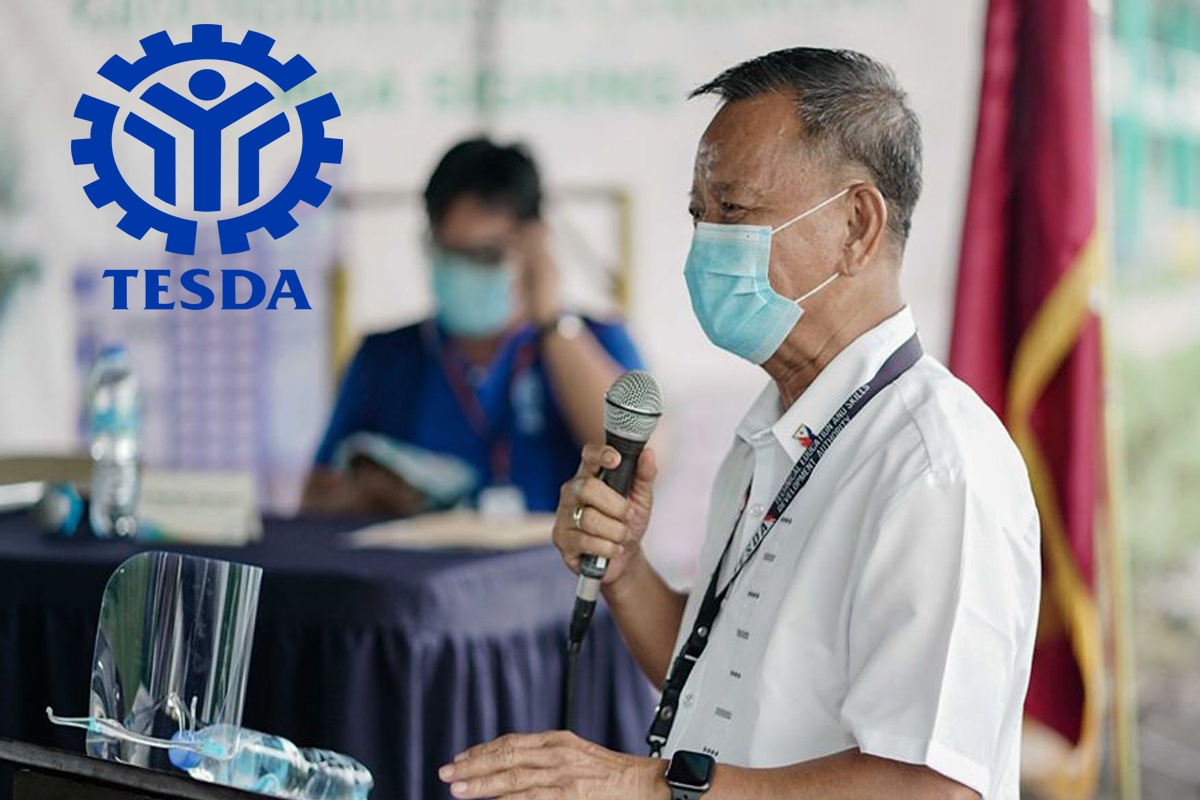TESDA STEPS UP INITIATIVES ON AGRICULTURE AND FOOD SECURITY
THE TECHNICAL Education and Skills Development Authority vowed to establish more mini-organic farms and community gardens nationwide as part of its initiative in promoting agriculture and addressing food security concern.
TESDA Director General Isidro Lapena has been pushing for the establishment of mini-organic farms and community gardens since he assumed office in 2018, as growing one’s own food is among the best approach to help the country achieve food security.
Lapeña likewise assured TESDA has always been ready to teach the modern and proper way of planting.
“We all know that as we face this pandemic, we are prone to food shortages. These mini-organic farms and community gardens will help address the problem,” he said.
“Agriculture is not limited to the rural and far-flung areas. We are pursuing agriculture to achieve food sufficiency in all areas of the country, including urbanized cities,” the TESDA chief added.
Meanwhile, Deputy Director General for Communities and Local Government Unit Services Gabriel Luis Quisumbing said there is a need to collaborate with the Department of Agriculture and Department of the Interior and Local Government for farming equipment and allocation of lands.
“Helping one another and sharing in the nurturing of our communities is a true embodiment of the Filipino spirit. We are proud that despite the pandemic, TESDA does not stop in our effort to serve the people,” he added.
In May 2019, Lapeña signed a memorandum directing all TESDA training centers to establish their own mini-organic farms as models on encouraging the community to grow their own food.
The TESDA chief also said these programs will be expanded nationwide especially in Metro areas.
Data released by TESDA’s Regional Operations Management Office showed there are 161 mini- organic farms nationwide, including the community garden in Barangay Fortune, Marikina.
TESDA has trained several residents in Barangay Fortune on organic agriculture, and from there, they were able to establish a garden which is now a source of food.
Meanwhile, since the onset of the pandemic last year, TESDA has been pushing for urban farming and encouraging the public to take agriculture-related training.
Last year, TESDA-NCR rolled out its pilot urban agriculture and capacity building project at the Armed Forces of the Philippine Officers Village in Taguig City, which aims to transform vacant spaces in cities into urban farms.
Also, last March, TESDA-MuntiParLasTaPat (Muntinlupa, Parañaque, Las Piñas, Taguig and Pateros) inaugurated its Urban Aqua Farm project in a bid to support food security at the community level. It also aims to boost fish and crop farming in Metro Manila and eventually, other cities.
“This project signifies the importance of farming in our urban areas, particularly to our marginalized sectors who can make farming as a source of their livelihood even if they are living in the city, without going to the remote farming areas,” Lapeña said.














